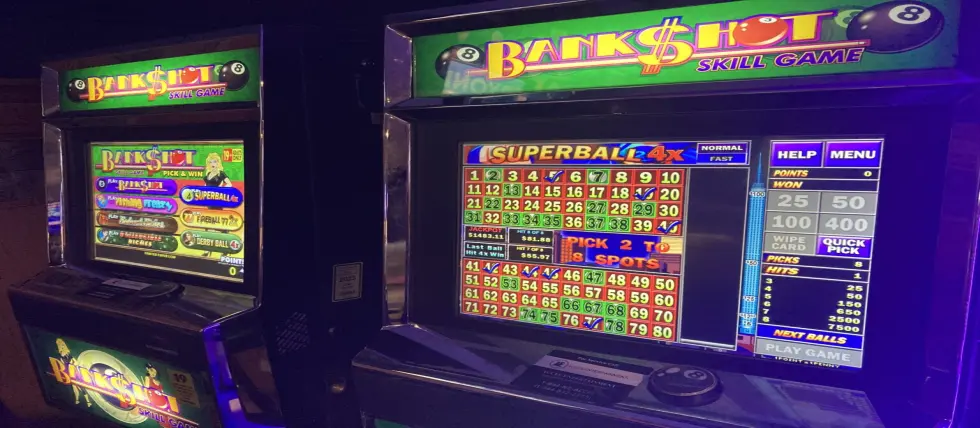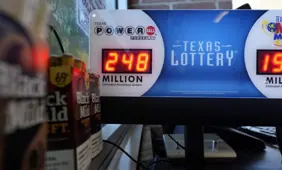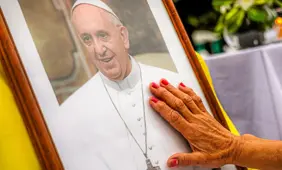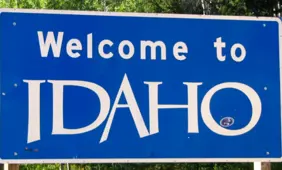Virginia Senate Takes up Skill Games Talks Following Governor Youngkin's Veto
The Virginia Senate is poised to revisit the contentious issue of skill games legalization in its upcoming session. This move comes in the wake of Governor Glenn Youngkin's veto, which has sparked a renewed debate over the future of these slot-machine-like devices.

Skill games, often found in convenience stores, have been a lifeline for many small business owners who claim that the revenue generated from these games is crucial for their survival. On Tuesday, the Senate will reconvene with the intention of addressing the growing dispute surrounding the state budget's provisions, particularly those affecting educational benefits for military families.
Related: Virginia Gov. Youngkin Vetoes Skill Games BillThe controversy centers on the Virginia Military Survivors and Dependents Education Program (VMSDEP), which offers education benefits to the dependents of military personnel. Recent changes to the program's eligibility criteria, embedded within the two-year state budget signed by Gov. Youngkin on May 13, have been met with opposition.
Gov. Youngkin has expressed his willingness to consider legislation that would legalize skill games. However, he has made it clear that his support is contingent upon the General Assembly's repeal of the VMSDEP eligibility changes. The governor's stance indicates a potential path forward for skill games, but only if the legislature acts to amend the budgetary restrictions currently in place.
The outcome of these discussions could have significant implications for both the economy and the welfare of military families dependent on VMSDEP. With the governor's conditional support, the path to legalization is fraught with political and social considerations that the Senate must navigate carefully.
More Business News
Vital for Local Economies
The debate over skill games, which are often likened to slot machines, is multifaceted and involves various stakeholders with differing perspectives. Proponents of skill games argue that they are a source of entertainment that requires skill and strategy, rather than just chance, to win. They contend that these games can provide a significant source of revenue for small businesses, such as convenience stores, which often operate on thin margins. This additional income can be vital for the survival of these local establishments, especially in economically disadvantaged areas.
Supporters also point out that skill games can contribute to the local economy by creating jobs and generating tax revenue. They suggest that with proper regulation and oversight, skill games can be a legitimate part of the entertainment industry.
On the other hand, opponents of skill games raise concerns about the potential for addiction and the social costs associated with gambling. They argue that despite the element of skill involved, the risk of financial loss and the possibility of exploitation are high. Critics also worry about the impact on vulnerable populations, including low-income individuals who may see these games as a way to improve their financial situation.
Detractors also highlight the challenges of enforcing regulations and ensuring fair play. They fear that without strict controls, skill games could become a gateway to more serious forms of gambling, leading to increased social problems. Additionally, there is apprehension that the proliferation of skill games could detract from state-run lotteries and other legal gambling operations that fund public services and initiatives.
RELATED TOPICS: Business
Most Read
Must Read
 Interviews
Interviews
Sweepstakes Casinos: Thriving in an Ever-Changing Industry – Interview with Attorney Stephen C. Piepgrass
Feb 17, 2025 Interviews
Interviews








Review this New Post
Leave a Comment
User Comments
Comments for Virginia Senate Takes up Skill Games Talks Following Governor Youngkin's Veto